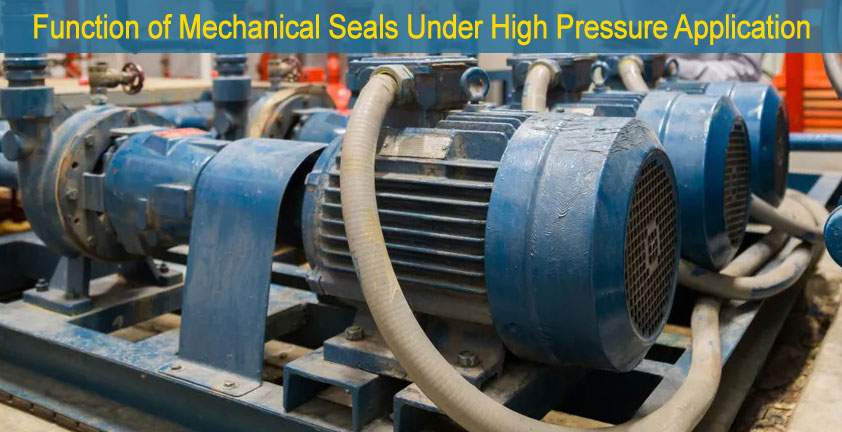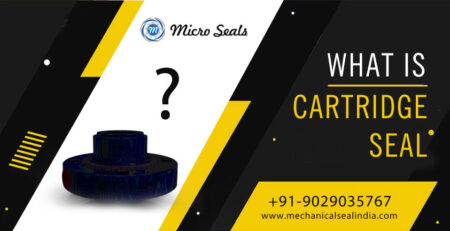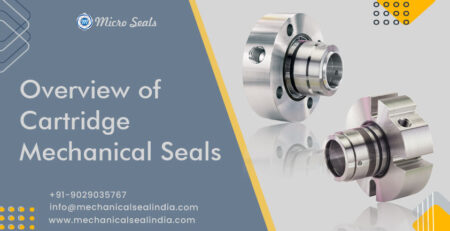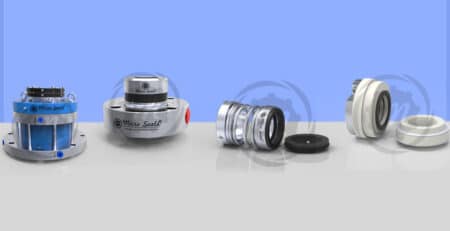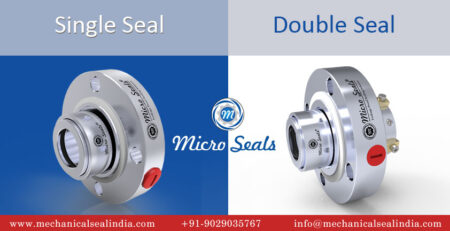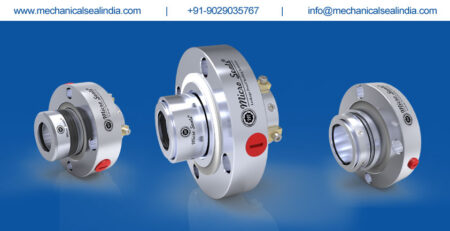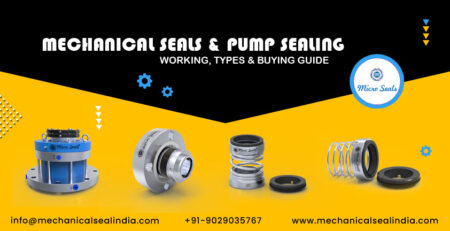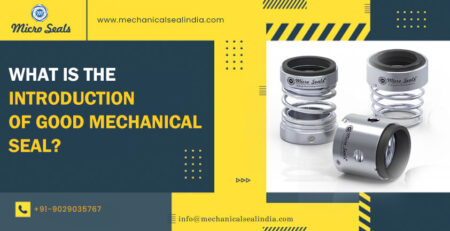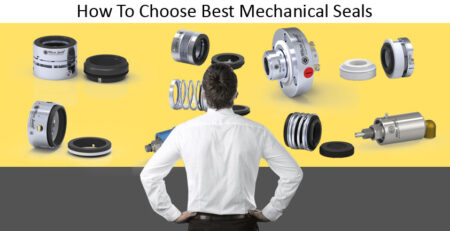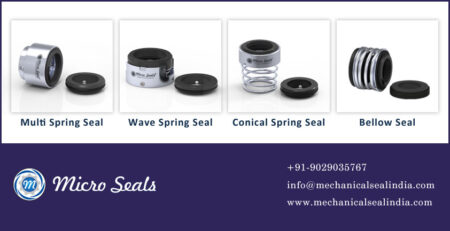Mechanical seals are critical in ensuring the smooth operation of pumps, mixers, and other equipment in industrial applications. These seals are designed to withstand high pressures and provide reliable sealing solutions for a wide range of fluids. As a leading mechanical seals manufacturer, we understand the importance of knowing how these seals function under high pressure. In this guide, we will explore the working principles of mechanical seals and their role in controlling fluid flow in high-pressure environments.
Understanding the Function of Throat Bush in Mechanical Seals
One of the key components that enable mechanical seals to work effectively under high pressure is the throat bush, also known as the throttling bush. The primary function of the throat bush is to create a restriction between the fluid being pumped by the impeller and the mechanical seal region. By reducing or controlling the flow, the throat bush helps to manage the liquid pressure in the seal chamber.
In pumps operating at high pressures, it is essential to control the fluid pressure in the seal chamber as the loads on the mechanical seal faces can be significant and severe. The throat bush acts as a barrier, limiting the pressure on the seal faces and ensuring their longevity and performance.
The Role of Mechanical Seals
Mechanical seals serve the purpose of joining components to provide a smooth flow within a system. They act as a link between different parts of a machine, ensuring proper functioning and preventing leaks. A mechanical seal consists of a sealing face, which is typically made of a softer material that comes into contact with a harder material to create a seal.
The sealing face’s durability is crucial for the overall performance of the mechanical seal. It needs to withstand the pressures and forces exerted on it during operation.
When it comes to pump mechanical seals, ease of installation is a key factor. Most seals come with an oil support line and an oil scavenge line to enhance their performance. The scavenge line is usually located at the bottom of the seal housing and requires regular checks to ensure the seal’s functionality. If any issues or signs of wear are detected, timely replacement is necessary.
Types of Mechanical Seals
Mechanical seals come in various types, each designed to meet specific requirements and operating conditions. Let’s explore some of the commonly used mechanical seal types:
Uneven Seals
Uneven seals are used in extreme conditions where shaft misalignment, vibrations, and fluid cavitation issues are present. These seals allow for minimal fluid leakage and offer excellent stability at an affordable price. However, they are designed for low-pressure ranges, and excessive fluid pressure can compromise the lubricating film between the seal faces.
Regular Seals
Regular seals are simple seals that need to be properly aligned and installed on sleeves or pump shafts. They are widely used in various applications and are known for their reliability and ease of maintenance.
Non-Pusher Seals
Unlike pusher mechanical seals, non-pusher seals do not require rotational movement to maintain face contact. They are useful for both low- and high-pressure applications. However, when operating in corrosive conditions, it is necessary to upgrade the materials used to ensure their longevity.
Additional Information
- Mechanical seals are widely used in industries such as oil and gas, chemical processing, water treatment, and power generation.
- Proper maintenance and periodic inspections are essential to ensure the longevity and optimal performance of mechanical seals.
- Mechanical seals should be selected based on factors such as fluid compatibility, operating temperature, and pressure requirements.
- In high-pressure applications, the selection of suitable materials for the mechanical seal components is crucial to withstand the forces exerted on them.
Understanding how mechanical seals function under high pressure is crucial for ensuring their optimal performance and longevity. The throat bush plays a significant role in controlling fluid flow and managing pressure in the seal chamber. Different types of mechanical seals are available to meet specific requirements and operating conditions.
As a leading mechanical seals manufacturer in India, we strive to provide the best sealing solutions for various industrial applications. By continuously innovating and incorporating advanced technologies, we ensure that our mechanical seals deliver reliable performance even in high-pressure environments.
For more information on mechanical seals and related topics, feel free to explore our other articles:
- Top 5 Best Mechanical seals suppliers in India – 2022 https://www.mechanicalsealindia.com/top-5-best-mechanical-seals-suppliers-in-india-2022.html
- Mechanical Seals Causes of Failure https://www.mechanicalsealindia.com/mechanical-seals-causes-of-failure.html
Contact us today to learn more about our mechanical seal solutions and how we can assist you in your specific application.
To Know More About Mechanical Seals Service Read Our Blog Post on Mechanical Seal Face Materials for Abrasive Services or For More General Slurring Pumping Information, Check Out Our Slurry Mechanical Seals Product.
Microseals Is ISO 9001:2015 Certified Company and Leading Mechanical Seals Manufacturer & Supplier In India, Providing Leakages Solutions To All Types Of Pump Applications By Manufacturing Mechanical Seals And Sealing Components As Per Customer’s Require, Samples or Need. To Know More About Mechanical Seal Call On +91 – 9029035767 Or Email At [email protected]

